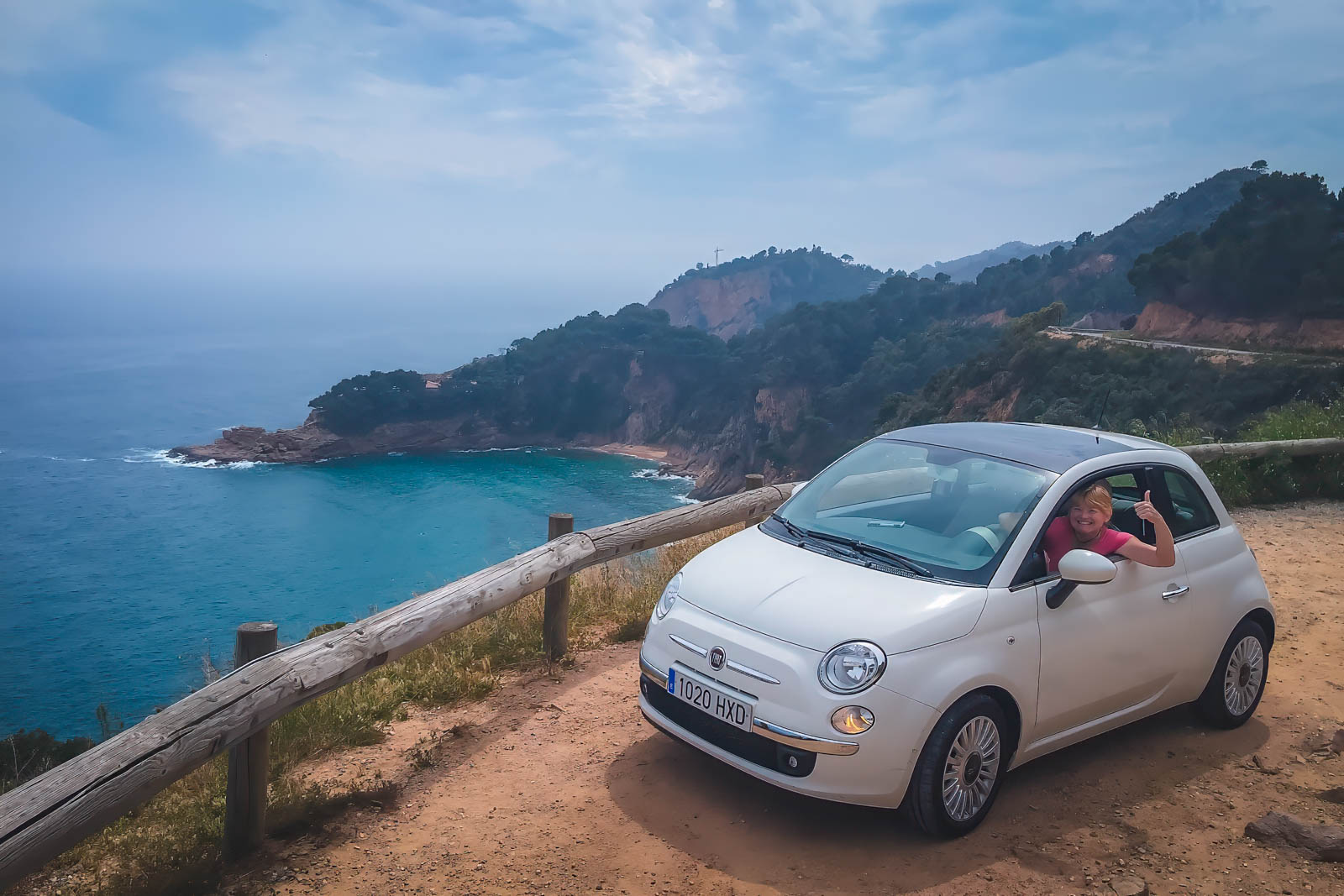Understanding RV Trailer Hitches: Bumper Pull vs. Gooseneck
When it comes to RVs, there are two main types of trailer hitches: bumper pull and gooseneck. Bumper pull hitches are what most RVers use when towing a recreational vehicle. Many SUVs, trucks, and even larger cars come with the ability to bumper pull a trailer from day one. Gooseneck hitches, often referred to as fifth-wheel hitches, employ a heavy-duty system that fits into the bed of a pickup truck specifically equipped for this towing method. Consequently, you’ll typically find gooseneck hitches utilized on fifth-wheel and park model RVs. Understanding which hitch is right for you is essential.
Bumper Hitches
Most RVers prefer bumper pull hitches due to their ease of use, as most trailers on the road utilize this type. Moreover, they don’t require additional hardware installations, although upgrading to more advanced bumper pull hitch systems can enhance performance. Since these are typically used with smaller RVs or trailers, they allow for a more budget-friendly entry into the world of towing. However, for heavier trailers or RVs, a gooseneck hitch may be necessary.
A bumper pull hitch generally utilizes a traditional ball and hitch system for towing. The two primary types of bumper pull hitches include:
- Receiver Hitches: Mounted to the rear of a vehicle, allowing for a ball mount to secure the trailer to the towing vehicle.
- Fixed-Drawbar Hitches: Utilizes a solid piece for securing a trailer ball, ideal for towing long and wide trailers.
Receiving hitches are versatile, suitable for small trailers, cargo carriers, and bike racks. They are also economically advantageous, as most SUVs and trucks come equipped with basic towing capabilities. When purchasing a vehicle capable of towing, it’s common for dealerships to inquire about hitch packages at an additional cost.
For added security, consider using double safety chains when employing a bumper pull hitch. This precaution offers an additional level of support should any issues arise while towing.
Gooseneck Hitches
Gooseneck hitches, which may also be referred to as deck over hitches or fifth-wheel hitches, are specifically designed for towing heavy trailers such as fifth-wheel RVs. The main plate of a gooseneck hitch is fastened to the truck’s bed, allowing the trailer or fifth-wheel hitch to connect from above. This setup enables the truck to tow trailers or fifth wheels with a heavier weight capacity.
It’s important to note that most trucks do not come with pre-installed gooseneck hitches, leading to additional costs for those opting for this type over bumper pull hitches. Moreover, this further explains why RVers often invest in gooseneck hitches after purchasing a rig.
One of the advantages of gooseneck hitches is their ability to facilitate tighter turns and better control over trailer sway compared to bumper pulls. It’s essential to master the art of turning with a bumper pull hitch to avoid mishaps with nearby vehicles. While trailer sway is still a consideration with a gooseneck hitch, the truck’s weight contributes to increased stability because of its center of gravity.
Gooseneck hitches tend to have a higher price point than upgrades for traditional bumper pull hitches. Prices can range from a few hundred dollars to thousands, depending on the trailer type, the truck used for towing, and the chosen gooseneck hitch design. Additionally, opting for safety chains is recommended to enhance stability and security during towing setups.
Ultimately, a gooseneck hitch is ideal for transporting larger vehicles, such as fifth-wheel RVs, enabling a superior road experience.
Considerations to Make
When choosing a hitch, it’s crucial to focus first on the type of RV or trailer you intend to purchase. Once you determine the most suitable trailer type, your RVing experience will improve as you gain expertise and adaptability in your travels across the country. You may consider taking a towing class for either hitch type to enhance your comfort and confidence while on the road.
Both bumper pull and gooseneck hitches serve their respective purposes, and neither is superior to the other. Ultimately, it hinges on what makes you feel most comfortable while navigating your travels.




